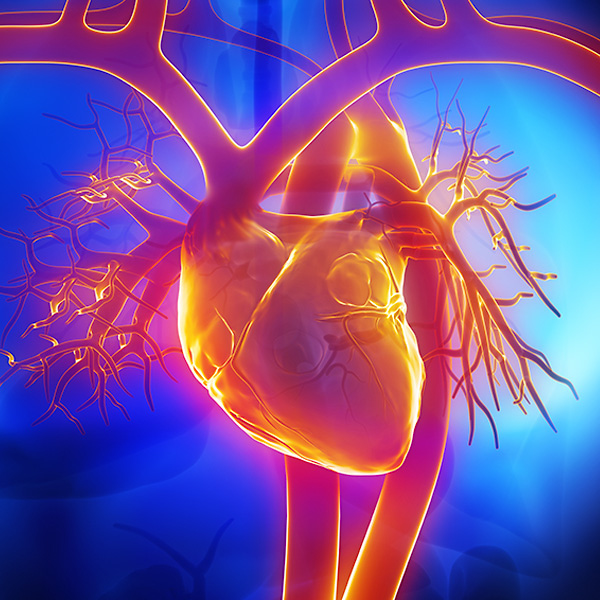Cardiogenic Shock
Overview and Facts about Cardiogenic Shock
Cardiogenic shock is a heart condition that results in the body’s loss of blood and oxygen due to the heart functioning poorly, including poor pumping of the blood. Cardiogenic shock most often occurs in older adults and women.
Although rare, it is a serious condition that can be fatal without proper medical attention and care. Therefore, it is important to know and understand the common signs and symptoms of cardiogenic shock.
Signs and Symptoms of Cardiogenic Shock
Key signs of cardiogenic shock are closely related to signs of heart attack. For instance, an increased number of moments with chest pain or pressure, sweating, rapid breathing, and dizziness are signs of cardiogenic shock. A weak pulse, pale skin and loss of consciousness are also key signs that cardiogenic shock has occurred.
Other signs and symptoms include:
- Decreased urination
- Chest pain that extends to the shoulder, arms, back, teeth, and/or jaw
- Cold hands and/or feet
- Nausea and/or vomiting
- Significantly reduced or severely low blood pressure
Tests and Diagnosis of Cardiogenic Shock
In cases where cardiogenic shock is suspected, doctors first assess the stability and strength of the patient’s heart and blood vessels using electrocardiograms, special x-rays (e.g. coronary angiography) or a general chest x-ray and/or echocardiography.
Blood tests are also conducted to measure the blood’s oxygen, carbon dioxide, and pH levels and to identify other biological signs of organ failure.
Treatment and Care for Cardiogenic Shock
Emergency treatment is needed in cases of cardiogenic shock. Without treatment, outcomes can be fatal or result in death. Damage to other other vital organs, such as the brain, liver, and kidneys, may also occur due to lack of oxygen delivery to those organs.
In emergency cases, fluid treatment and life support using oxygen are needed to stabilize patients in cardiogenic shock. Special drugs and medications are also used to prevent blood clots, improve heart muscle contraction and treat the underlying heart attack. Surgery and the use of certain medical devices may also be used to restore proper blood flow to the heart.
Heart attack prevention is necessary to avoid cardiogenic shock. Prevention measures include:
- Regular exercise
- A diet low in cholesterol and saturated fat
- Avoiding smoke and/or quitting smoking
- Limited sugar and alcohol intake
Causes and Risk Factors of Cardiogenic Shock
Individuals who have experienced a heart attack have a direct risk of cardiogenic shock. In general, individuals with a personal or family history of heart failure or coronary artery disease are at risk of cardiogenic shock. Having diabetes and/or high blood pressure also increases the risk. Individuals with a genetically related risk of coronary artery disease are also at risk of cardiogenic shock.
Cardiogenic shock is often caused by a severe heart attack, but this is not always the case.
Other causes and risk factors include:
- Heart muscle inflammation
- Weak or weakened heart muscles
- Drug overdose or poisoning that results in heart pump failure
- Endocarditis (heart valve infection)

